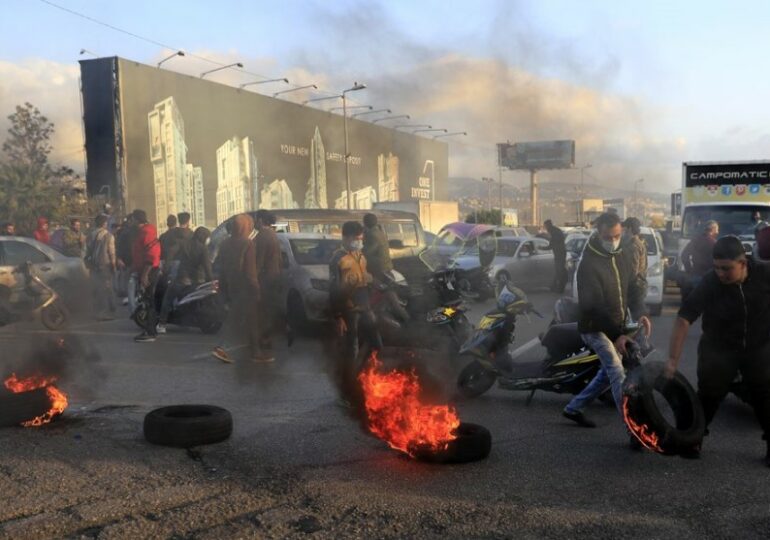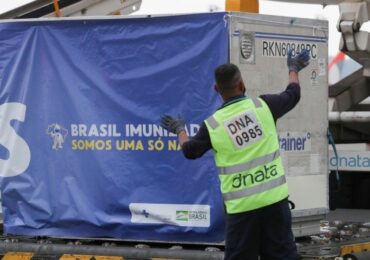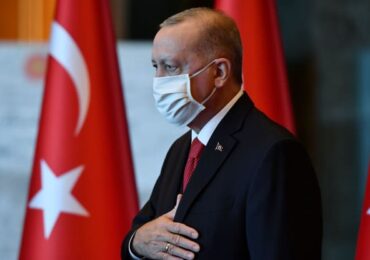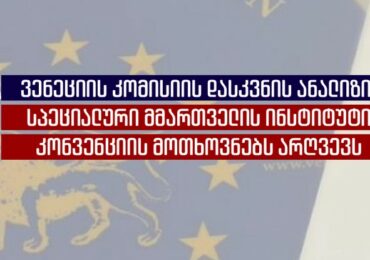Protests broke out across the country Tuesday after the Lebanese pound hit a record low against the dollar on the black market, a sign of deepening multiple crises and no prospects for a new Cabinet in sight.
The crash in the local currency that has resulted in a sharp increase in prices led to the outbreak of small protests in a number of cities around the country. In some, demonstrators blocked roads with burning tires.
Several major roads were closed, including in the capital Beirut, where the highway leading to the international airport was briefly closed before soldiers reopened it. Roads were also closed in the northern city of Tripoli and in Sidon, Lebanon’s second and third largest cities.
After sunset, more protesters poured into the streets and closed the main highways that link Beirut with the country’s north, south and the eastern Bekaa Valley.
“There is no way to get back our dignity other than the street,” a protester in Beirut told a local TV station. Many of the protesters put on masks amid an increase in cases of coronavirus. The health ministry reported Tuesday 3,098 new cases and 62 deaths despite a weekslong lockdown.
A lack of hard currency has also led to delays in the arrival of fuel shipments, leading to more extended power cuts around the country, in some areas reaching more than 12 hours a day.
The dollar briefly traded at 10,000 Lebanese pounds on Tuesday afternoon. The previous record was registered in July, when the dollar briefly sold for 9,900 pounds on the black market. The official price remains 1,520 pounds to the dollar.
Lebanon has been hammered by one crisis after another, starting with the outbreak of anti-government protests against the country’s corrupt political class in October 2019. That has been compounded by the coronavirus pandemic and a massive blast in Beirut’s port last August that decimated the facility.














